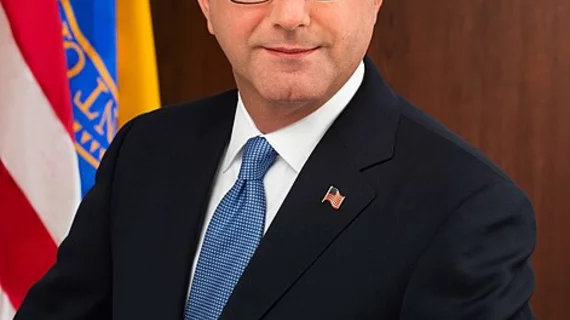100 days into HHS tenure, Alex Azar earns higher praise than Tom Price
May 9 marks 100 days since Alex Azar was sworn in as the second HHS Secretary under President Donald Trump. Judging by what lobbyists, policy experts and Democrats said to Axios, he’s seen in a more positive light than his predecessor Tom Price, MD.
The two men have similar views on certain policies, such as favoring repeal of the Affordable Care Act (ACA) and making conservative-minded reforms to Medicaid. When it comes to reforming the healthcare delivery system and moving towards value-based payments, however, they diverge, with Azar embracing such changes and Price trying to roll them back.
“Price was the guy refilling the punch bowl—the guardian of a fee-for-service system exposed as an unsuccessful and unscrupulous secretary,” said one healthcare lobbyist. “Azar is the reformer who knows the role government must play in helping transition to a better-value health care system.”
Part of the praise for Azar focused on how his priorities focus on what HHS can actually accomplish. Price’s attention was all on repealing the ACA, which was really in the hands of Congress and President Trump.
The plaudits for Azar only go so far, however, when reaching into more partisan issues. Former CMS Administrator Andy Slavitt applauded Azar for reaching out to “people who think differently than he does,” but also criticized the agency’s goals under his leadership, such as pushing for Medicaid work requirements, non-ACA-compliant insurance plans and changes to policies around birth control and reproductive health.
Read more at the link below:

